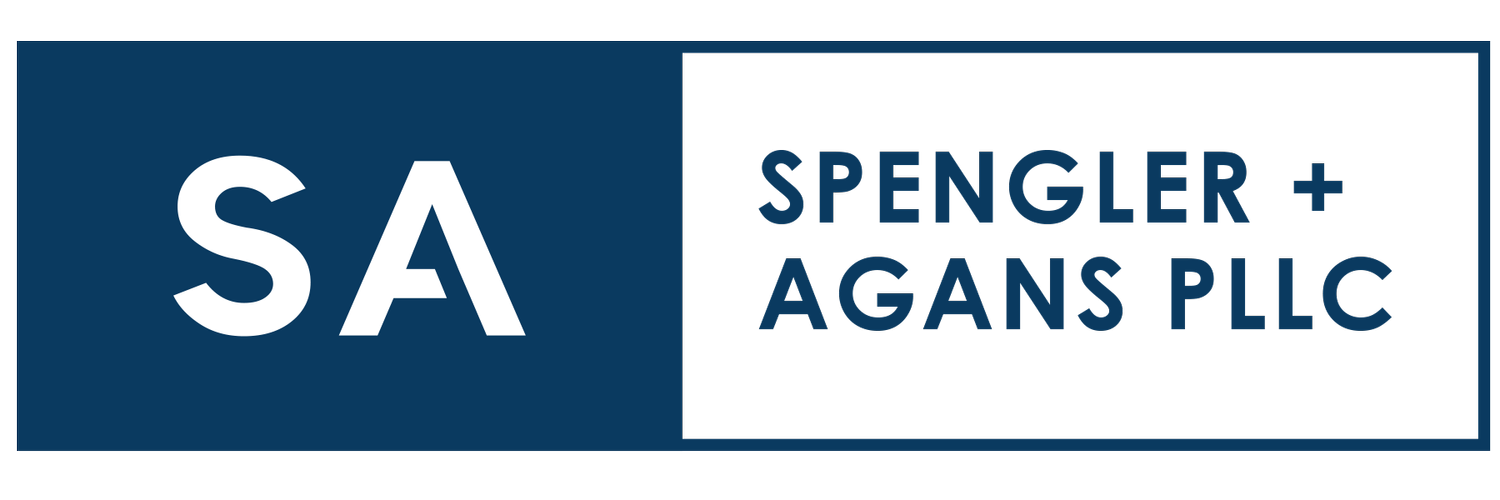Important Considerations for Laying Off or Furloughing Workers During COVID-19
During this unprecedented crisis, many small businesses in North Carolina will have no choice but to reluctantly furlough or lay off employees. If you are a small business owner, you should consider important legal issues before reducing the pay or hours of your employees. Proper consideration of these legal issues will ensure that businesses do not create unnecessary liability for violations of wage and hour laws—and, perhaps even more importantly, could help give your employees a leg up in successfully applying for unemployment benefits.
Some of the laws to consider have been on the books for decades. The Fair Labor Standards Act (FLSA), first enacted in 1938, requires that salaried workers receive their full salary for every week in which they perform *any* work. In practice, this requirement means that small businesses should communicate clearly with furloughed salaried workers: they are not allowed to perform any work while furloughed without the employer’s consent. Even a routine task like answering work emails should be prohibited for furloughed salaried employees.
The North Carolina Wage and Hour Act—passed into law the year before the FLSA—requires advanced written notice to workers before any decrease in their pay.
Then much more recently, in March, Congress enacted the Families First Coronavirus Relief Act (FFCRA) and Governor Roy Cooper issued an executive order. Both the new law and executive order contain important provisions on unemployment insurance benefits in North Carolina. These new provisions seek to increase the availability of unemployment insurance benefits to workers—and to eliminate associated costs or penalties to employers.
The FFCRA increased federal funding to states for unemployment insurance benefits, requiring that states do not “charge” employers for unemployment claims related to COVID-19. In other words, the North Carolina Department of Commerce will *not* allocate charges to a company’s unemployment insurance account for workers who are unemployed for reasons related to COVID-19. This means that a company’s unemployment insurance rates will not increase as a result of claims filed for COVID-19 layoffs.
The FFCRA also expands the availability of unemployment benefits for laid off workers (from 26 weeks to 52 weeks). Governor Cooper’s executive order issues a directive for the North Carolina Department of Commerce to “interpret flexibly or waive, as appropriate” certain requirements for unemployment insurance benefits, opening the door for unemployment claims of workers who have suffered reduced hours related to COVID-19.
The benefits of these new laws depend on employers documenting and communicating that COVID-19 is the reason for the reduction of hours or the termination of employment.
The liberalization of unemployment insurance is overdue and much needed in North Carolina. Even in normal times, it is challenging for workers to file unemployment claims. According to the News and Observer, steep budget cuts passed in 2013 forced North Carolina to the bottom of the pack (among the bottom 10 states) in both the duration of unemployment benefits and the average weekly benefit. Prior to Governor Cooper’s executive order, only 10% of persons who applied for unemployment benefits were approved, the second-worst ranking of any state. Early reports in the COVID-19 pandemic have made clear that the North Carolina Division of Employment Security has struggled to keep up with the sharp increase in the number of unemployment claims, with workers reporting persistent problems with the website and phone lines.
Conscientious employers should want to give their employees the best chance of a successful unemployment claim in these dire times, especially since the claim will not be charged to the employer’s account if it is COVID-19 related.
Employers that are considering laying off or furloughing employees should speak to a lawyer about how to provide clear written notice to employees. If properly drafted, this notice could help the employer avert liability for unpaid wages, assist employees with filing successful claims for expanded unemployment benefits, and avoid needless charges to the employer’s unemployment insurance account.
Our employment and business lawyers are here to (remotely) advise your small business on all things COVID-19 related. Contact Eric at Spengler Agans Bradley PLLC to schedule a video conference consultation today.
To contact us, or to sign up for our newsletter, please visit our Contact page or reach out to the relevant attorney directly through their bio page. In addition, you can find primary contacts for each practice area by visiting our Areas of Practice page.

